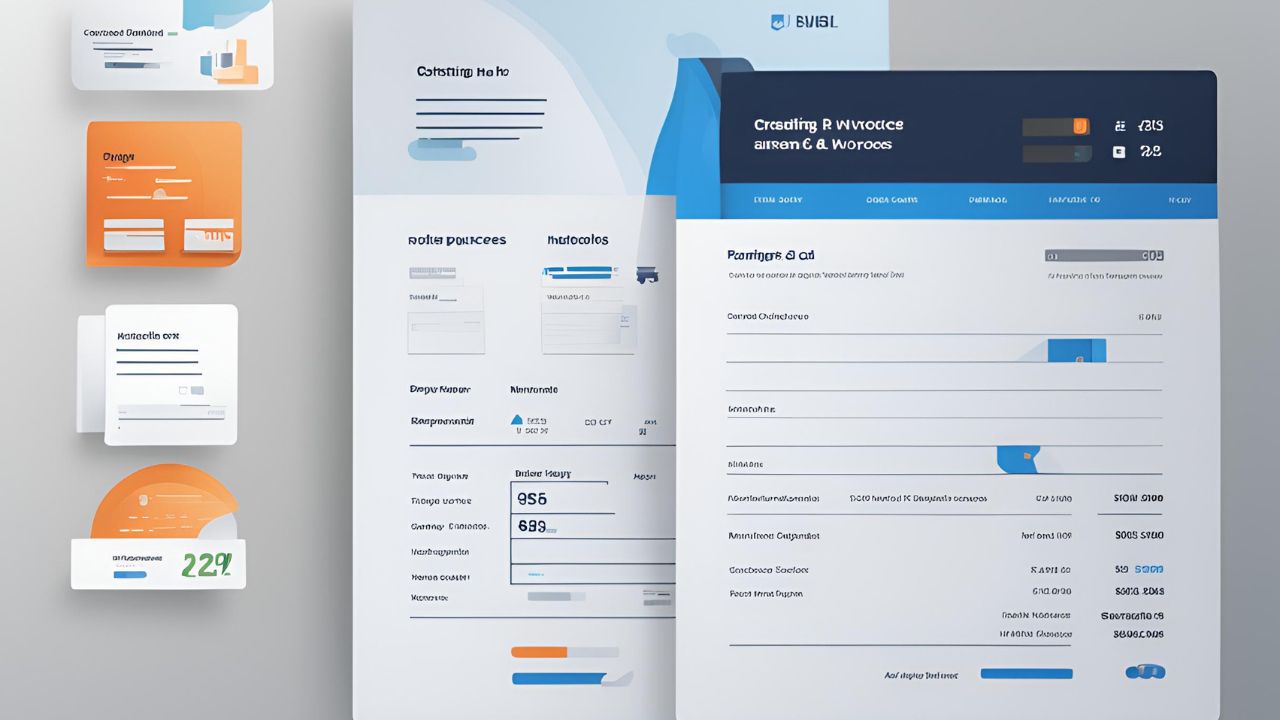

In today’s economy, finding ways to save money and reduce expenses is more important than ever. Whether you’re looking to pay off debt, save for a big purchase, or simply improve your financial health, there are numerous strategies you can implement. This article will provide 15 proven tips on how to save money and reduce expenses in 2024, specifically aimed at an American audience.
How to Save Money and Reduce Expenses
1. Create a Budget
Why Budgeting is Essential
A budget is the foundation of any good financial plan. It helps you track your income and expenses, allowing you to make informed decisions about your spending.
How to Create a Budget
- List Your Income: Include all sources of income, such as salary, freelance work, and side hustles.
- Track Your Expenses: Categorize your expenses into fixed (rent, utilities) and variable (groceries, entertainment).
- Set Spending Limits: Allocate a portion of your income to each category and stick to it.
2. Use Budgeting Tools
Top Budgeting Apps
Utilize budgeting apps like Mint, YNAB (You Need a Budget), and EveryDollar to manage your finances more efficiently.
Benefits of Budgeting Tools
These tools help you track spending, set savings goals, and receive alerts when you’re nearing your budget limits.
3. Cut Unnecessary Subscriptions
Identify Unused Services
Review your monthly subscriptions and cancel any that you no longer use, such as streaming services, gym memberships, or magazine subscriptions.
Consolidate Services
Consider consolidating services to save money. For example, use a streaming service that offers multiple channels instead of paying for each one separately.
4. Shop Smarter
Use Coupons and Discounts
Take advantage of coupons, discount codes, and sales to save money on groceries and other essentials. Websites like RetailMeNot and Honey can help you find the best deals.
Buy in Bulk
Purchase non-perishable items in bulk from wholesale stores like Costco or Sam’s Club to save money in the long run.
5. Reduce Utility Bills
Energy-Efficient Appliances
Invest in energy-efficient appliances that consume less electricity and water, reducing your utility bills.
Simple Habits
Implement simple habits like turning off lights when not in use, unplugging electronics, and using a programmable thermostat to save energy.
6. Cook at Home
Meal Planning
Plan your meals for the week to avoid last-minute takeout and reduce food waste. Preparing a grocery list based on your meal plan helps you buy only what you need.
Batch Cooking
Cook in large batches and freeze portions for later use. This saves time and money, and ensures you always have a meal ready.
7. Use Public Transportation
Benefits of Public Transit
Using public transportation instead of driving can save you money on gas, parking, and car maintenance.
Alternative Options
Consider carpooling, biking, or walking for short trips to further reduce transportation costs.
8. Limit Dining Out
Cook with Friends
Host potluck dinners or cooking parties with friends to enjoy dining together without the high cost of eating out.
Budget for Treats
If you enjoy dining out, allocate a specific amount in your budget for restaurant meals and stick to it.
9. DIY When Possible
Home Repairs
Learn basic DIY skills for home repairs and maintenance tasks to save money on professional services.
Personal Care
Consider DIY options for personal care, such as haircuts, manicures, and spa treatments.
10. Review Insurance Policies
Compare Rates
Shop around and compare rates for auto, home, and health insurance to ensure you’re getting the best deal.
Bundle Policies
Many insurance companies offer discounts if you bundle multiple policies, such as auto and home insurance.
11. Use Cashback and Rewards Programs
Credit Card Rewards
Use credit cards that offer cashback or rewards points on purchases. Pay off the balance in full each month to avoid interest charges.
Cashback Apps
Use cashback apps like Rakuten and Ibotta to earn money back on everyday purchases.
12. Limit Impulse Purchases
24-Hour Rule
Implement the 24-hour rule: wait 24 hours before making a non-essential purchase. This helps reduce impulse buying and ensures you only buy what you truly need.
Make a List
Always make a shopping list and stick to it. Avoid browsing aisles that contain items not on your list.
13. Save on Entertainment
Free Activities
Look for free or low-cost entertainment options, such as community events, public parks, and free museum days.
Library Resources
Utilize your local library for free access to books, movies, music, and educational resources.
14. Automate Savings
Set Up Automatic Transfers
Set up automatic transfers from your checking account to your savings account. This ensures you consistently save a portion of your income each month.
Round-Up Programs
Use round-up programs offered by some banks that round up your purchases to the nearest dollar and deposit the difference into your savings account.
15. Invest in Yourself
Education and Skills
Invest in education and skills that can increase your earning potential. Online courses, certifications, and workshops can provide valuable knowledge and opportunities.
Health and Wellness
Taking care of your health can prevent costly medical bills in the future. Prioritize regular exercise, a balanced diet, and preventive healthcare.
Conclusion
Saving money and reducing expenses is all about making smart, informed choices. By implementing these 15 proven tips, you can improve your financial health and achieve your goals in 2024. Start with a budget, use the right tools, and make conscious decisions about your spending. With consistency and discipline, you can take control of your finances and build a secure future.
Learn more:






